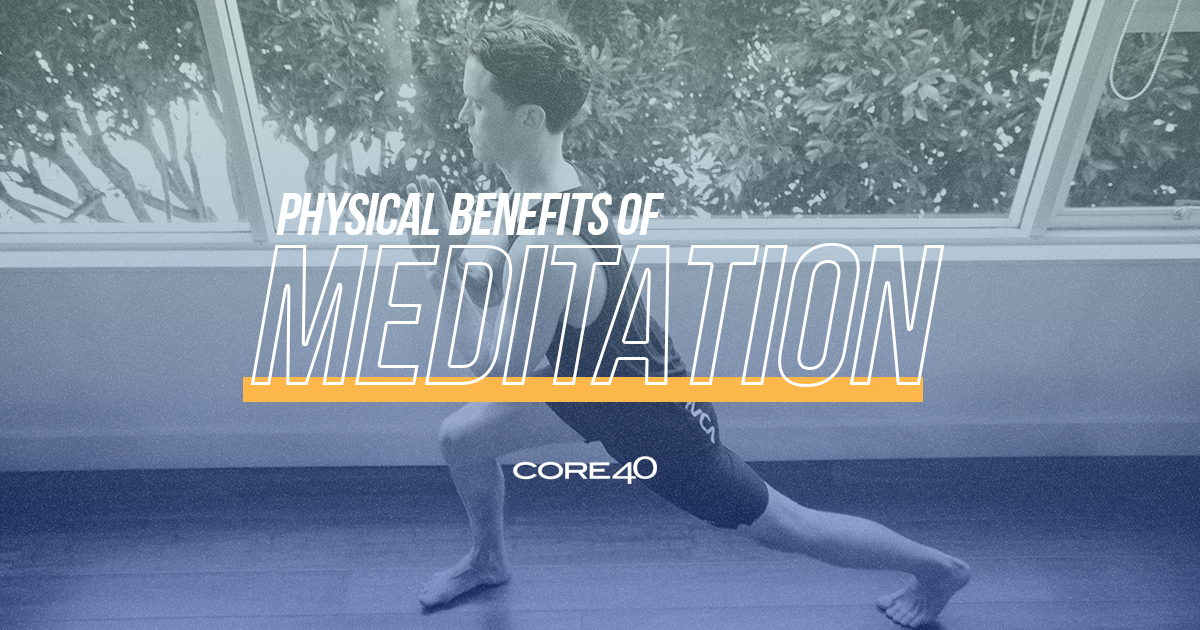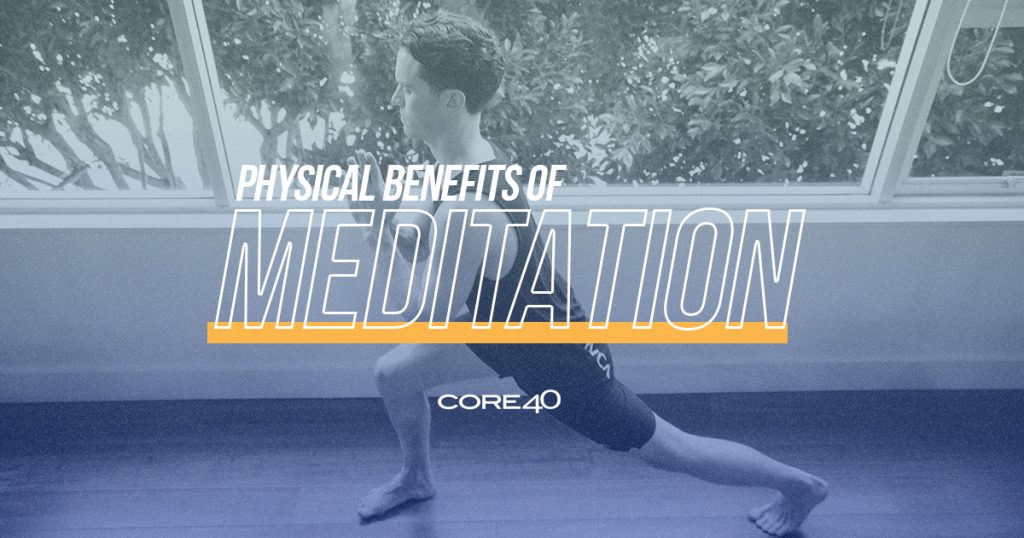
The Surprising Physiology of Meditation

The Surprising Physiology of Meditation.
I’m a meditation teacher. Which means that one of the biggest misperceptions I have to overcome is that meditation is a “mental thing.” It’s not. Meditation affects everything about you. Mind and Body. And the reason is simple: the mind and body are not different things.
People often speak about the “mind-body connection” like there’s some kind of trailer hitch where the two meet. But the connection between what we call the mind and call the body is total. They are two aspects of one thing, which is the experience of you. Anything that affects the body affects the mind, and vice-versa.
Scientists now know that the health of your “gut biome,” the odd phrase that describes the bacterial colonies in your digestive tract has a huge impact on your emotional experience. And biohackers, like Dave Asprey know all about how another class of bacteria, mitochondria, influence our most primal behaviors.
So what does all this have to do with meditation?
Meditation is a way of training the mind that has a powerful impact on the body. In fact that the body is where people who begin meditating regularly usually feel the benefits first. What kind of benefits?
Better sleep. You might be one of the 60% of Americans who suffer some form of sleep deprivation. Either you don’t get enough of it….or the sleep you get is of poor quality, so you wake up tired. How does meditation help? By lowering stress. Because stress jacks up your nervous system with cortisol and adrenaline, creating fatigue and the need for stimulants like coffee and sugar throughout the day. And when you take a stressed-out, hyped up body to bed (especially if you stare at screens all night) that body doesn’t sleep well.
Better immune function. Meditation boosts the parasympathetic nervous system, which is responsible for controlling all of the systems that bring your body to health and wholeness, including your immune, digestive and endocrine systems…all of which don’t work as well when you’re chronically stressed.
Less muscle tension. Do you have a spot where you “hold stress?” Could be your shoulders, or your hips, or somewhere else. And you get a massage, which feels great, but two days later you’re tight again? That chronic tension is also due to stress, the sign of a body that’s on high alert. Meditation, especially a practice like FLOW Meditation, triggers what stress researcher Herbert Benson called “the relaxation response,” a profoundly deep state of rest which is nature’s counterpoint to the stress response
Faster recovery from injury/intense workouts. Another thing meditation helps with is recovery, again because it boosts the parasympathetic nervous system and triggers the relaxation response. So your torn tissues repair and rebuild faster, you digest your post-workout meal better, and you reduce inflammation faster.
Of course, not all the benefits are physical. Meditation is also really great and helping in these areas, which we typically put in the mental category:
Fewer anxious, negative thoughts. When we’re stressed out we’re in fight-or-flight mode, which can range from full-on freak out to low-level anxiety. And while intense workouts can provide a welcome break, allowing us to “get out of our head,” you and I both know that it’s not a sure thing. Studies show that meditation lowers stress, which reduces our tendency to negative overthinking, and eases anxiety as good or better than medication.
Better focus during workouts. This one is a no brainer…or at least a calm-brainer. If you’re not stuck in your head, worried about your job or your relationship or your health or your whatever it’s going to be a lot easier to focus and get the most out of the time you spend working out.
Being happier, just because. Meditation not only reduces stress and the caustic effects of stress hormones, it also boosts levels of bliss chemistry – hormones including oxytocin, dopamine, serotonin and anandamide – that your body naturally produces when we’re relaxed, calm and happy.
And those are three things we could all use a little more of, right?
Written by,
James Brown

CORE40 Client & Meditation Expert
James Brown is the founder of Flow Meditation and one of the world’s leading experts in the ancient practice of Vedic Meditation, from which the Flow program was developed. Over the last decade James has taught thousands of busy people from all walks of life to meditate, including about 100 CORE40 instructors, and has led courses and workshops at some of the world coolest conferences and at companies across the country, including some of Silicon Valley’s most innovative firms. He lives in The Presidio with his wife, two rambunctious boys, crazy dog (cattle dog/coonhound mix!) and, according to his wife, WAY too many bicycles.

